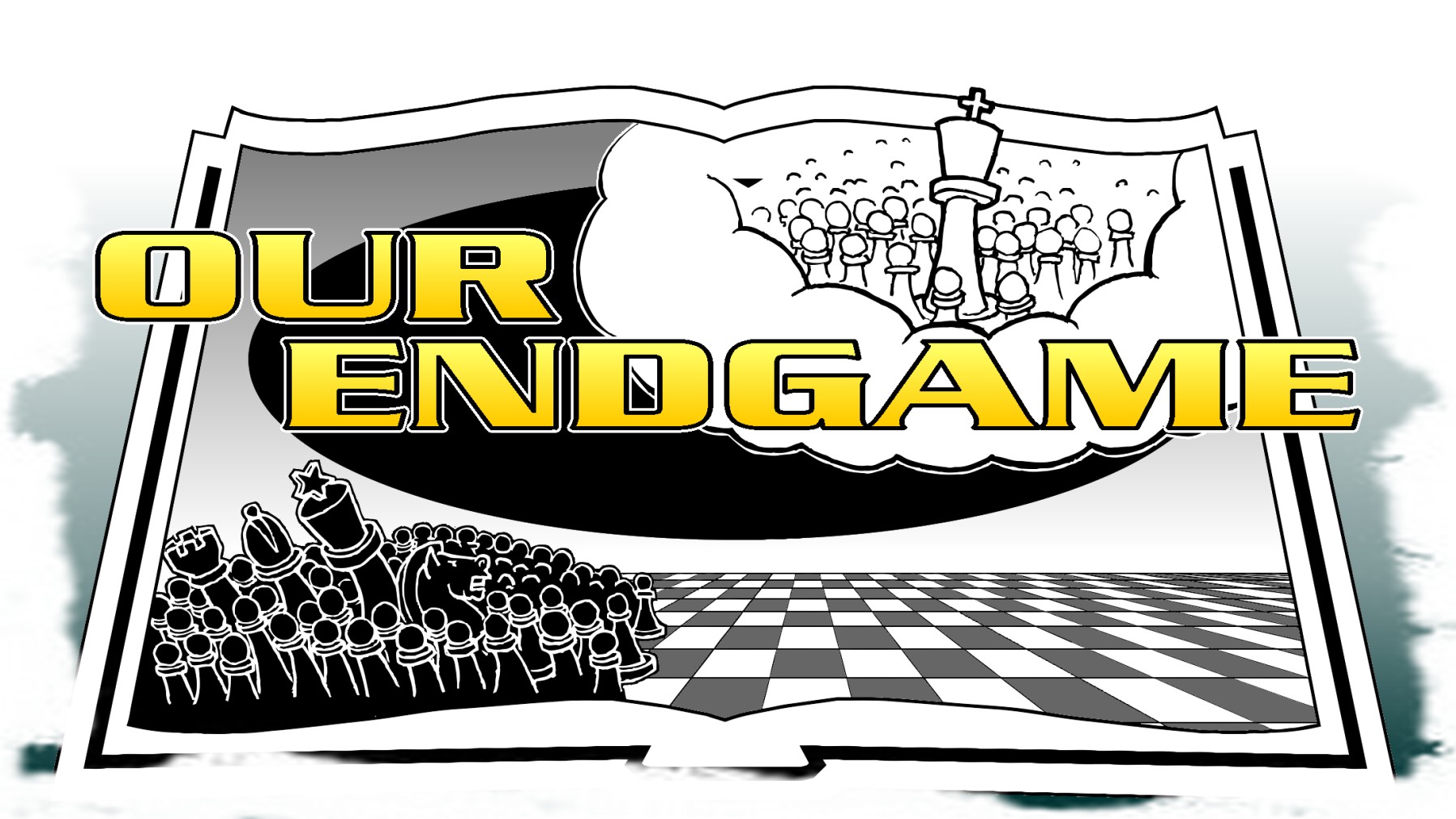To progress and to grow; to grow to strive in a world that changes fast. To learn how to adapt when conditions work against us. It’s an endeavor to be sharper and smarter. As old as time itself, relentlessly pushing the boundaries further, and further again, and again, and again.
— Unknown
They are, without a doubt, the toughest of adversaries, pushing each other fiercely, passionately. It’s more than just a duel. It’s an exchange, an empowering encounter, the quest for victory; and although it only ever crowns one. It always takes two.
Jesus’ parable of the wheat and tares in Matthew 13 is about a landowner who plants wheat in his field and an enemy comes along and plants weeds alongside the wheat.
In the first century, there were laws on the books that prohibited planting weeds in another person’s field. It was widely known that these weeds could decimate a wheat crop and financially destroy the farmer. Whoever plants the weeds gets nothing in return; their only motive is to prevent the farmer from reaping his crop.
The weeds in the parable are called tare. When tare grows it looks and behaves like wheat, so much so that it’s difficult to tell the difference between the two. Tare is “darnel,” a poisonous plant with a massive root system that intertwines its roots with that of the wheat so if you pull up the weed you could pull up wheat as well.
The landowner in the parable asks his servants, “I thought we planted wheat. Why are there weeds here?” An enemy has planted weeds in the wheat field and what’s important to note is that Jesus said this parable was about the kingdom of heaven; He’s not talking about the world here. This is about the community of believers, the church, the kingdom of God.
There are wheat and tares within the kingdom of God as it exists on earth. Think about it; the kingdom of God, the community of believers, is presently comprised of the wheat that God had sown and the tares that the enemy has sown. It’s been this way from the beginning, and the planting of the tares is not arbitrary; it’s a planned attack. The enemy has designed his attack to cause maximum damage to the kingdom of heaven. He stands to gain nothing—his only objective is to destroy.
“Si vis pacem, para bellum” … Latin for, “If you want peace, prepare for war.” Are you prepared? The story of God’s church, His community, our fellowship is not over. There is still time to plant and harvest more wheat. The time will come when the story will draw to a close, and Jesus said that at the end of that day everything will be gathered up, the tare first, to be burned, and then the wheat to be harvested into the Lord’s barn.
Are the tares false brethren? It could be, but there’s a more personal application as well. Alexander Solzhenitsyn wrote about how the dividing line between good and evil passes straight through the human heart. The tares can be planted in our hearts, too. The garden of our hearts is the story of our lives. Para bellum—I need to prepare, and to plant and cultivate the wheat in my own heart. That means conversion and repentance; that means saying no to the weeds.
Look at your life, your heart, your soul. Look at yourself. Are there things that you’re carrying in your life or relationships; fear or distrust, results of your sins? Has the enemy attacked your field intending to inflict maximum damage, hoping to bankrupt you spiritually with a well begun, but ultimately failed crop at the end of your season?
The day of reckoning will come, the day when there will be judgement, when the weeds will be burned and the wheat will be harvested. Prepare, because the war is not over ‘til it’s over. The enemy can’t win. He knows that. He just wants you to lose. If you want to win, si vis pacem, para bellum.
–~–
Prepare for change, because life keeps changing. Is the life you have now as a Christian what you chose five, ten, or more years ago? Are you saying to yourself, “This is not what I thought it’d be. I liked it before.”
You can get frustrated and wish it were otherwise, or you can see it the Lord in the change. Change is the nature of the game. The board keeps changing, life keeps changing. You can resent it or you can prepare for it.
You can see change as a burden or as an opportunity. You can say, “Oh man, I have to make a decision for Jesus again,” or you can say, “Okay, now I get to make the decision again for Jesus.” There’s no two ways. It’s a burden or a blessing that the game of your life has changed; it’s one or it’s the other.
Change is the nature of life. We have to continually say yes to Jesus, because nature of the game is that the board has changed and will keep changing, the nature of the game of life is that life has changed and will keep changing, and that means you will get to say yes to Jesus today in a way and for things you’ve never been able to say yes to Him for in the past.
But you have to be prepared for it—the preparations of the heart. If you want peace that passes understanding, prepare for war, prepare for change. If you want joy; if you want peace … prepare for war.
— Fr. Mike Schmidt
In times of change the learners shall inherit the earth, while the learned find themselves beautifully equipped to deal with a world that no longer exists.
— Eric Hoffer
